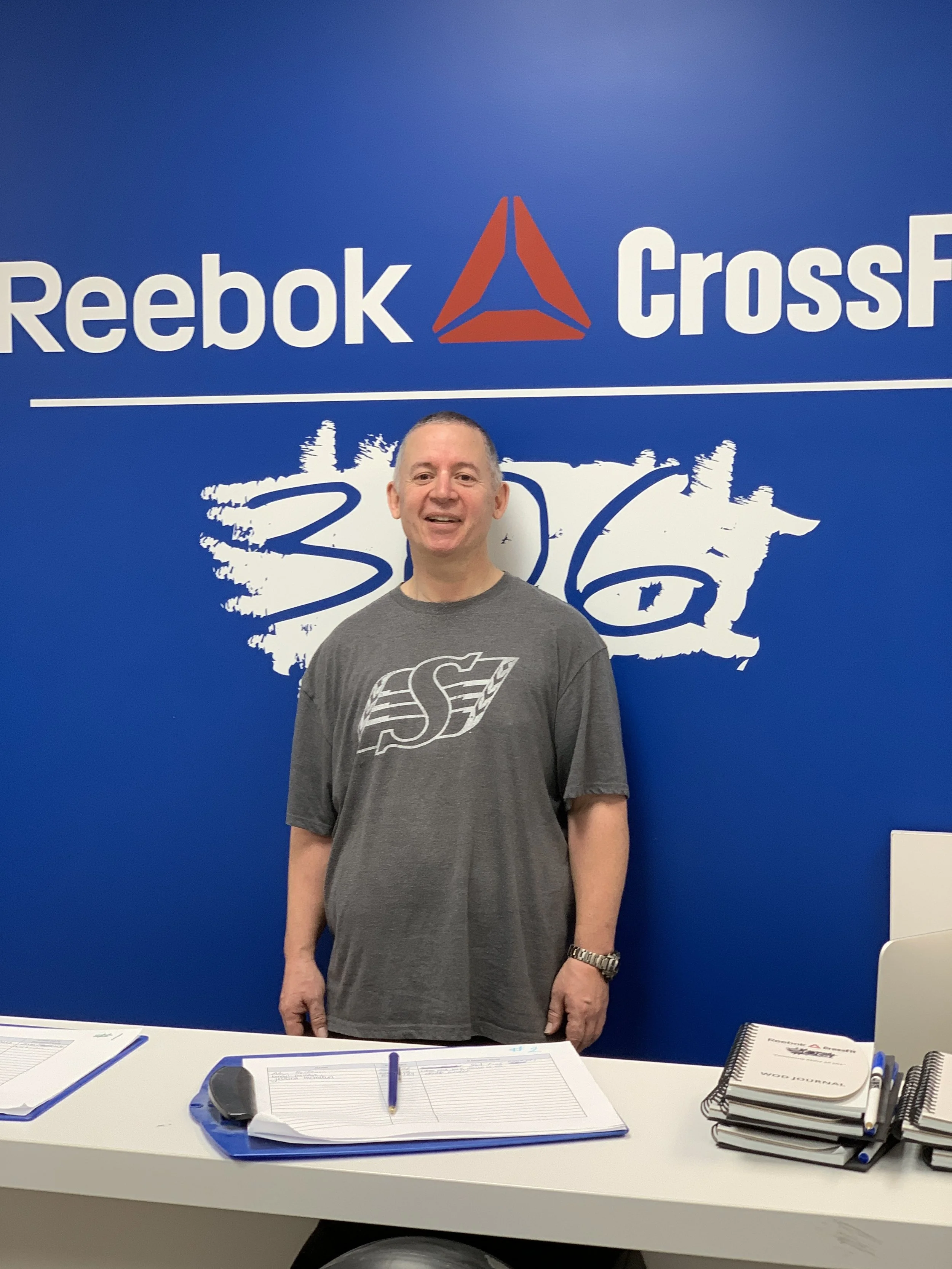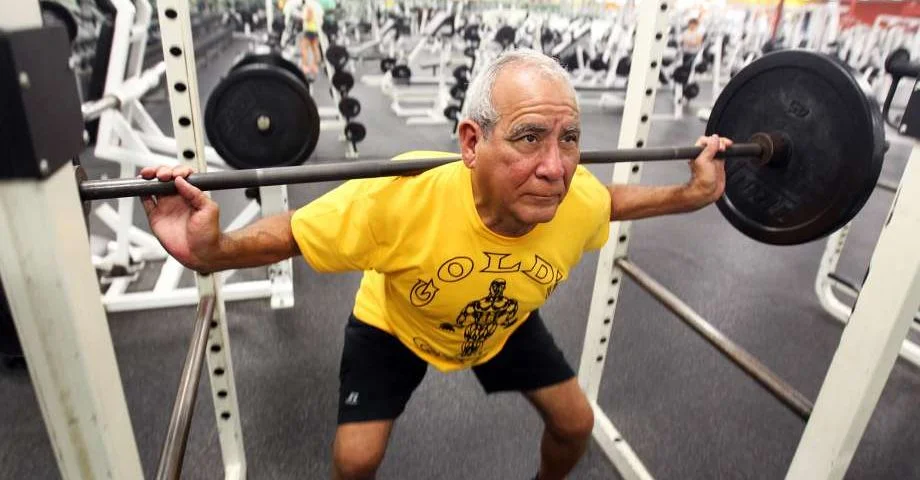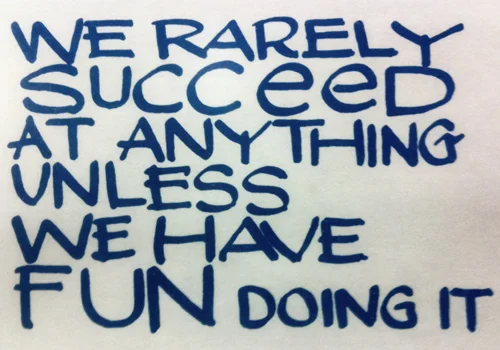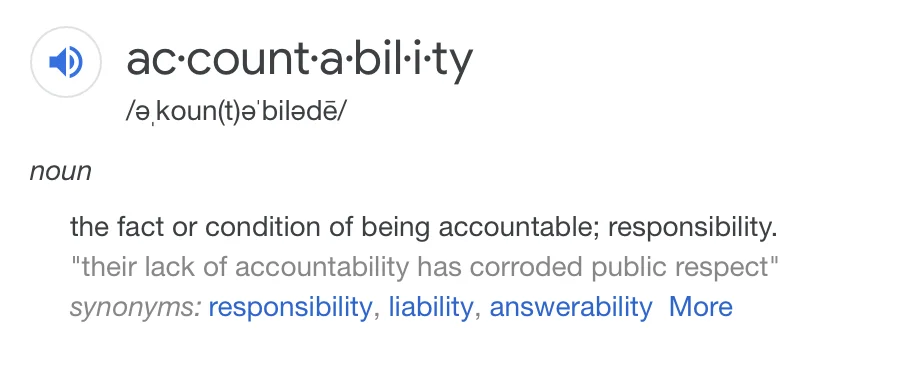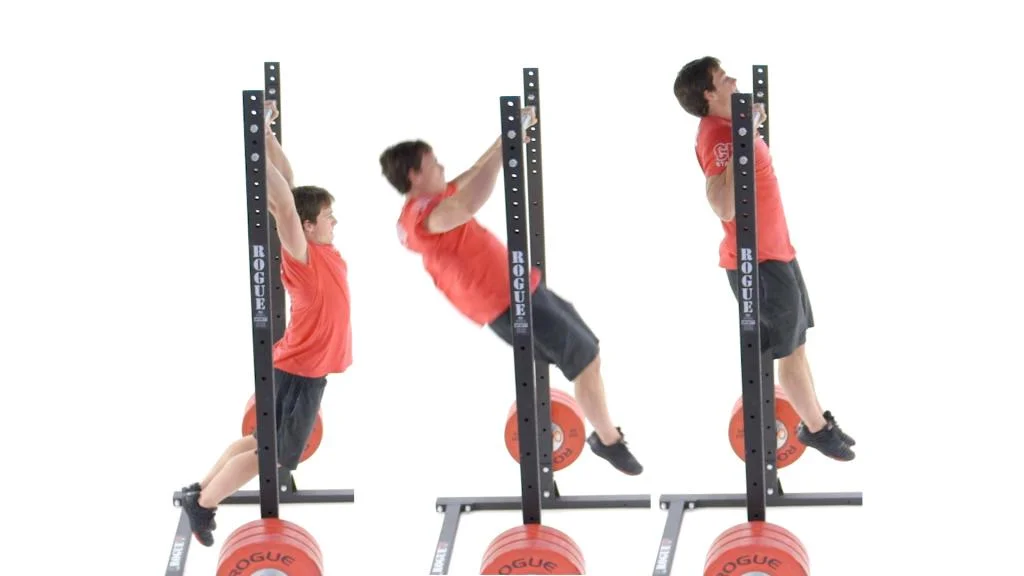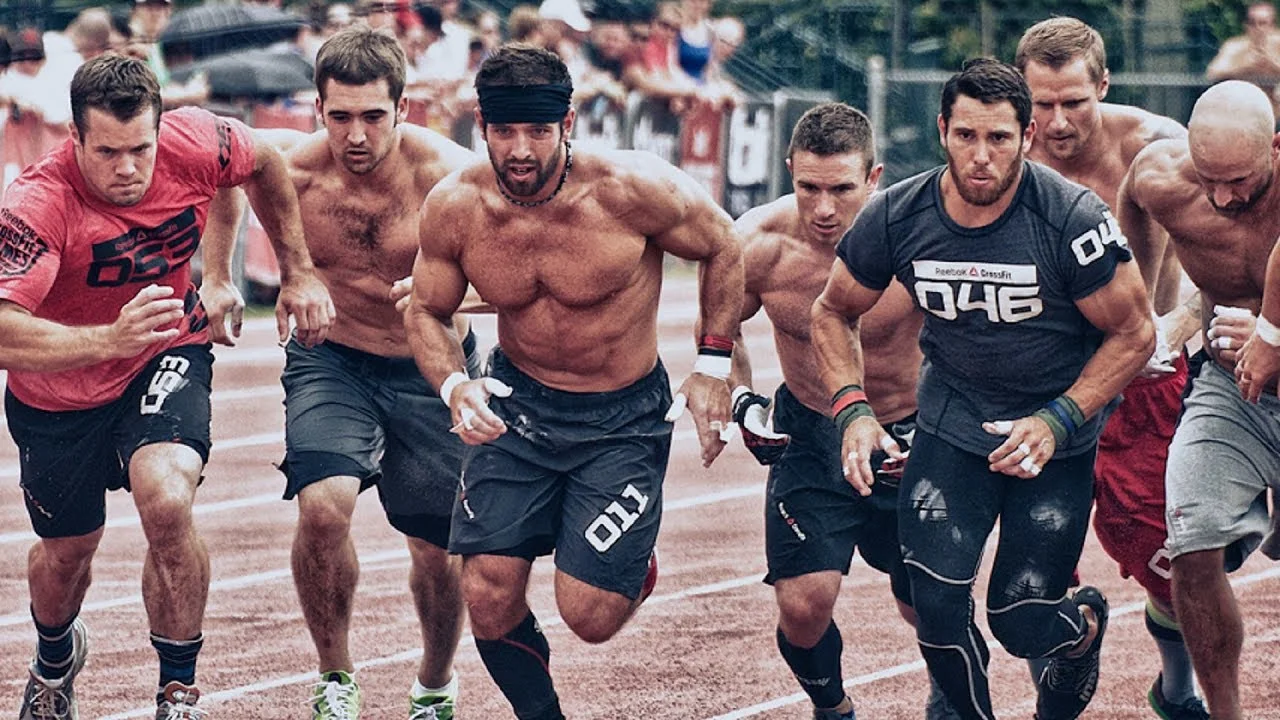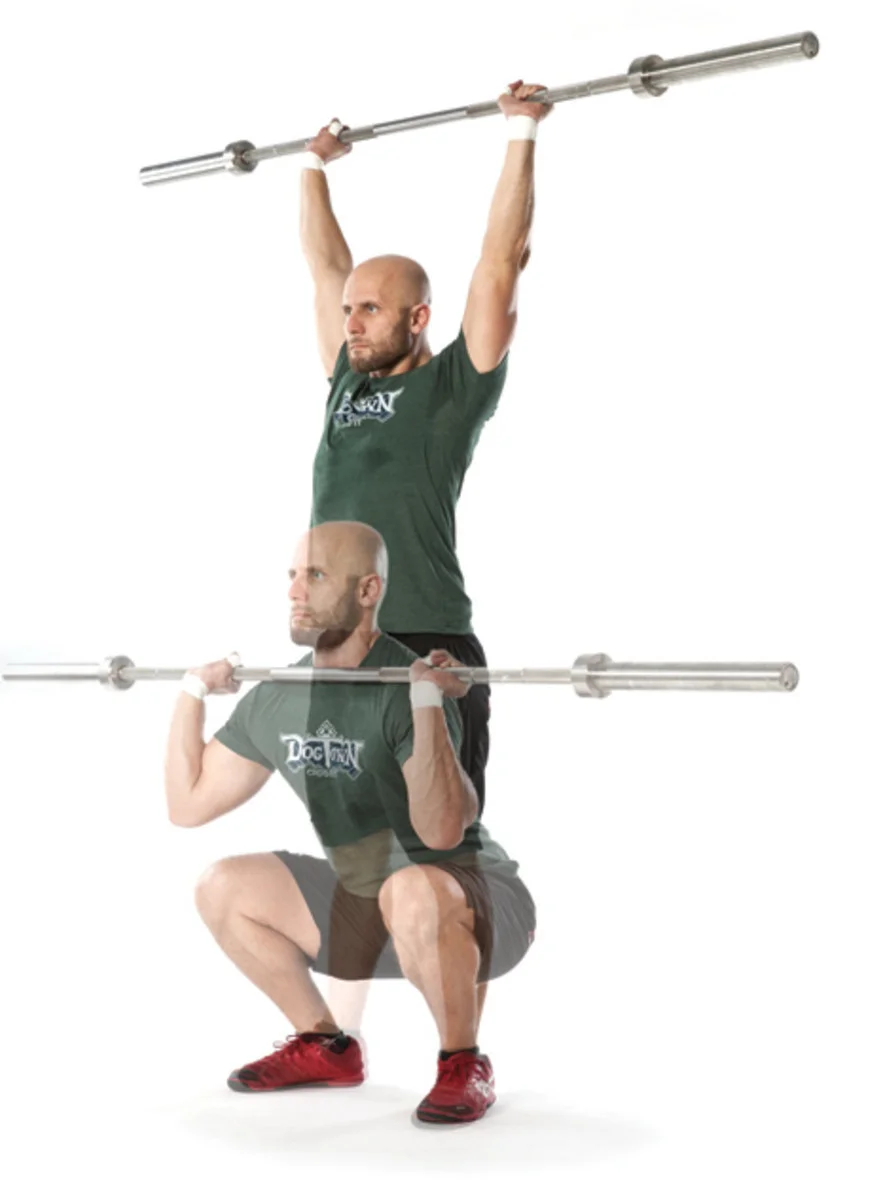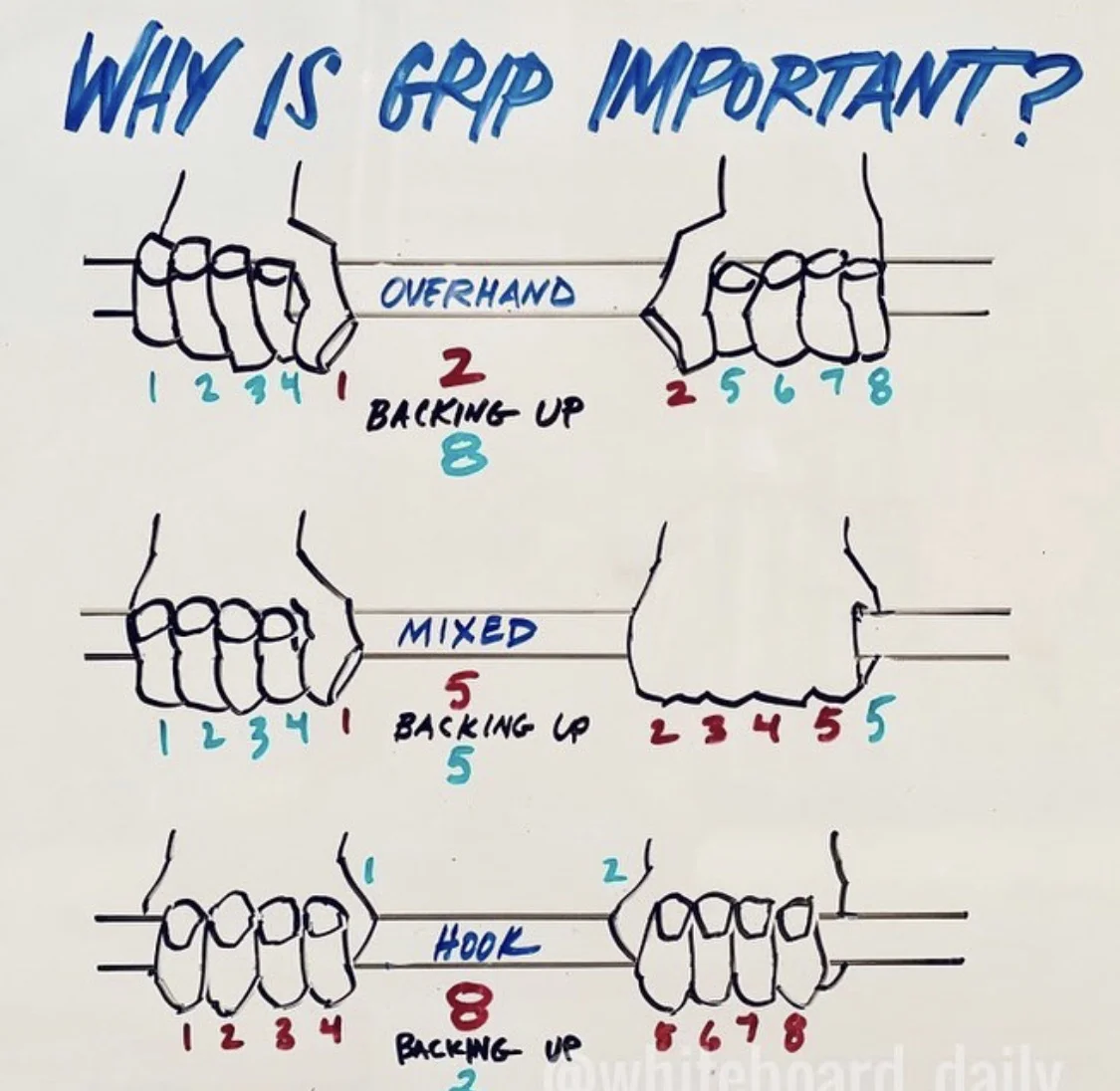Consistency In Movement
Let’s Be Like Steve
Steve was a founding member of our Fit Over Fifty group. He started with us in the fall of 2018 and has been committed to coming to the gym three times per week since then. Steve works in IT and spends a lot of time behind a desk; like many of us do. Years of not making his health a priority left him in less than ideal shape. He was hurting and he knew it. When Steve started, he was very much reserved, quiet and didn’t have a whole lot of confidence. On Wednesday WOD for our Fit Over Fifty group, Steve called out another member of our group, who runs marathons, in his last 200m run. Steve won! (The friendly competition in this group is phenomenal and pushes them so far).
Benefits of Resistance Training In Seniors
Our “Fit Over Fifty YXE” program has been running for over 7 months now with huge success! As the program head I would love to credit for this. However, it certainly “isn’t me!”. When the program began or as we have had new members join the group, I always get a few funny looks when I say we are going to box jumps or burpees. While at face value they may seem simply as “work”, I always follow up on that first time with explaining the “why”. I also ask one simple question; “when was the last time you ‘jumped’ onto something?” Not stepped up. Jumped. In this very simple case of a box jump, the answer most often is “I don’t know” along with a lot of agreeing nods
Make It The Most Enjoyable Hour Of Your Day
Be 95% More Likely Achieve Your Goal With One Simple Step
Bring A Friend!
The Tripod Foot While Squatting
When we set our feet for a squat, we are laying the foundation for the movement. If we are going to build a house, we need the foundation to be rock solid. If the foundation shifts, so does everything else built on it. This is exactly what happens with our feet when we squat. If our feet are moving even slightly as we squat, then our foundation is not stable. If our foot moves, our ankles moves. If the ankle moves, the knee moves. If the knee moves, the hip moves. You get the picture.
Keep Smiling
My favourite moments as a coach aren’t watching someone set a new clean and jerk PR or get their first muscle up. These things are fantastic and are almost equally as exciting for me as they are the person achieving them, but they aren’t my favourite. My favourite moments have come when I get to be more than a “Crossfit coach”.
Kipping It Real
I’ve been talking a lot in my classes over the past few days on that ever so controversial topic of “kipping” in our WODs. It’s definitely the one thing that when thrown out there to a non-Crossfit person, raises the eyebrows and gets a laugh or two. In our “Crossfit” world, they are every bit as common as Dr Dre Beats headphones and razor-back tank tops are in a globo-gym.
Aim small. Miss small.
Well, that’s a wrap on the 2019 Crossfit Games Open. For a lot of us, the Open represents the one time a year where we “compete”. We ride that wave through the five weeks; come in and put in some extra effort and extra time. Despite that season of competition coming to an end, let’s stay on the wave and keep looking forward to even more goals.
Don’t Slam The Door When You Squat
Be Present And Mindful At Your Task
You Are Getting Out, Exactly What You Put In
Thrusters! They’re coming for you.
Four Backing Up One Is Better Than One Backing Up Four
With conventional grip, we are relying on our grip strength alone to hang on to the barbell. We have one thumb and four fingers in an open circuit relying on muscle to close, and keep closed, that circuit. However, once we establish hook grip, the circuit is closed and tension keeps it there. In “hook grip” we are wrapping our thumb on the bar first. From there, our index finger and middle finger “hook” over the thumb. Just the same as a cam-lock works on an adjustable ring strap; the more force that is applied to “open” that circuit, the harder it closes.
Newsflash: Crossfit is Good For Your Gut
Why marathoners should lift and lifters should run
What researchers have found over the years is that regardless of the task involve all energy systems are in use. Albeit some more than others depending on the task, all three energy are in play. Let’s repeat this point, your body doesn’t use one energy system exclusively, rather it’s more of one and less of the other depending on the needs required.
Make The Decision
Be Excellent
I have a great appreciation and tremendous respect for anyone who is being excellent. Whether it be the person pumping my gas at the gas station, the person who cleans the floors, or the person running the company. Take pride in what you do. Do it with excellence so that you can be proud of the outcome.



